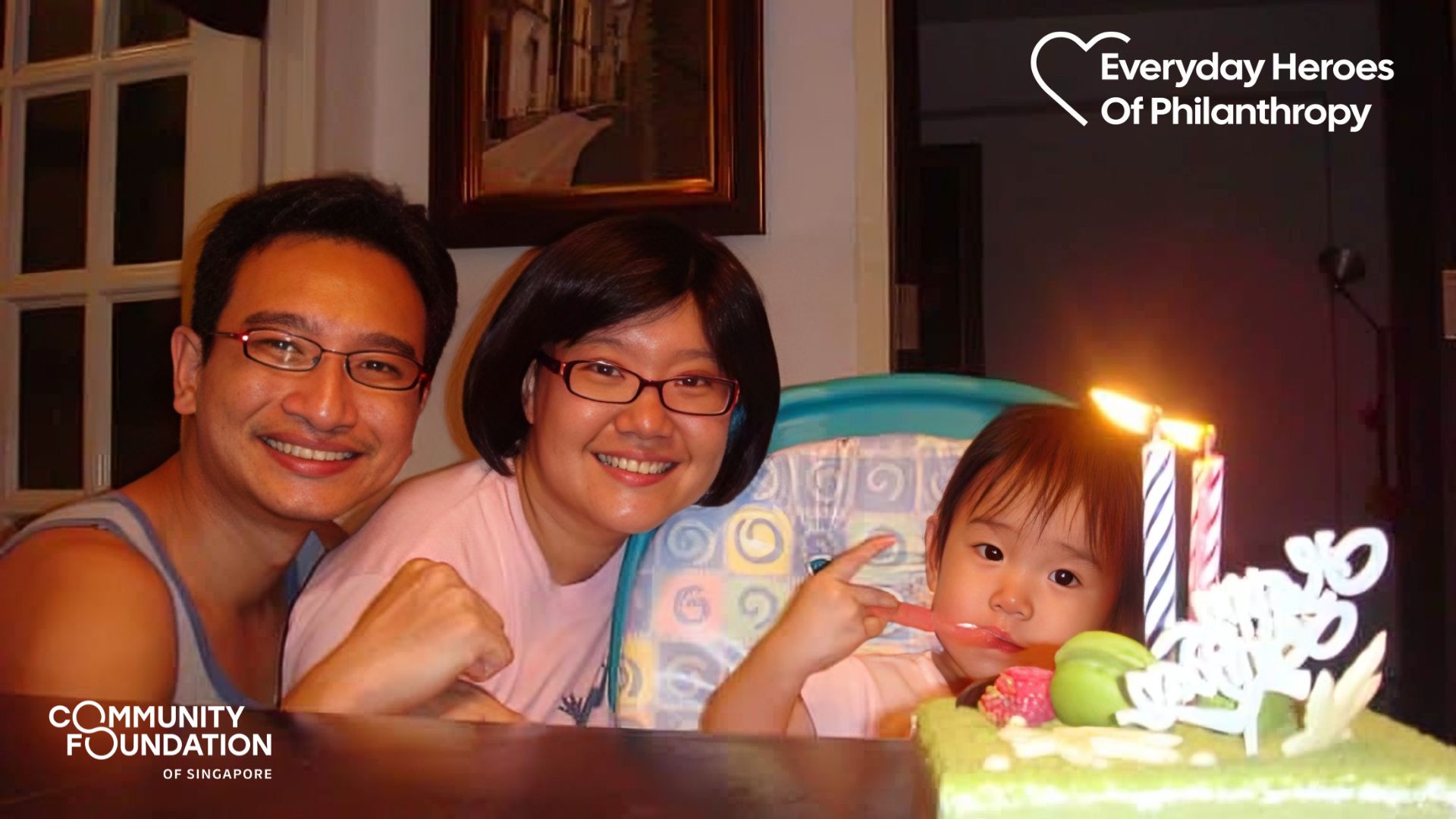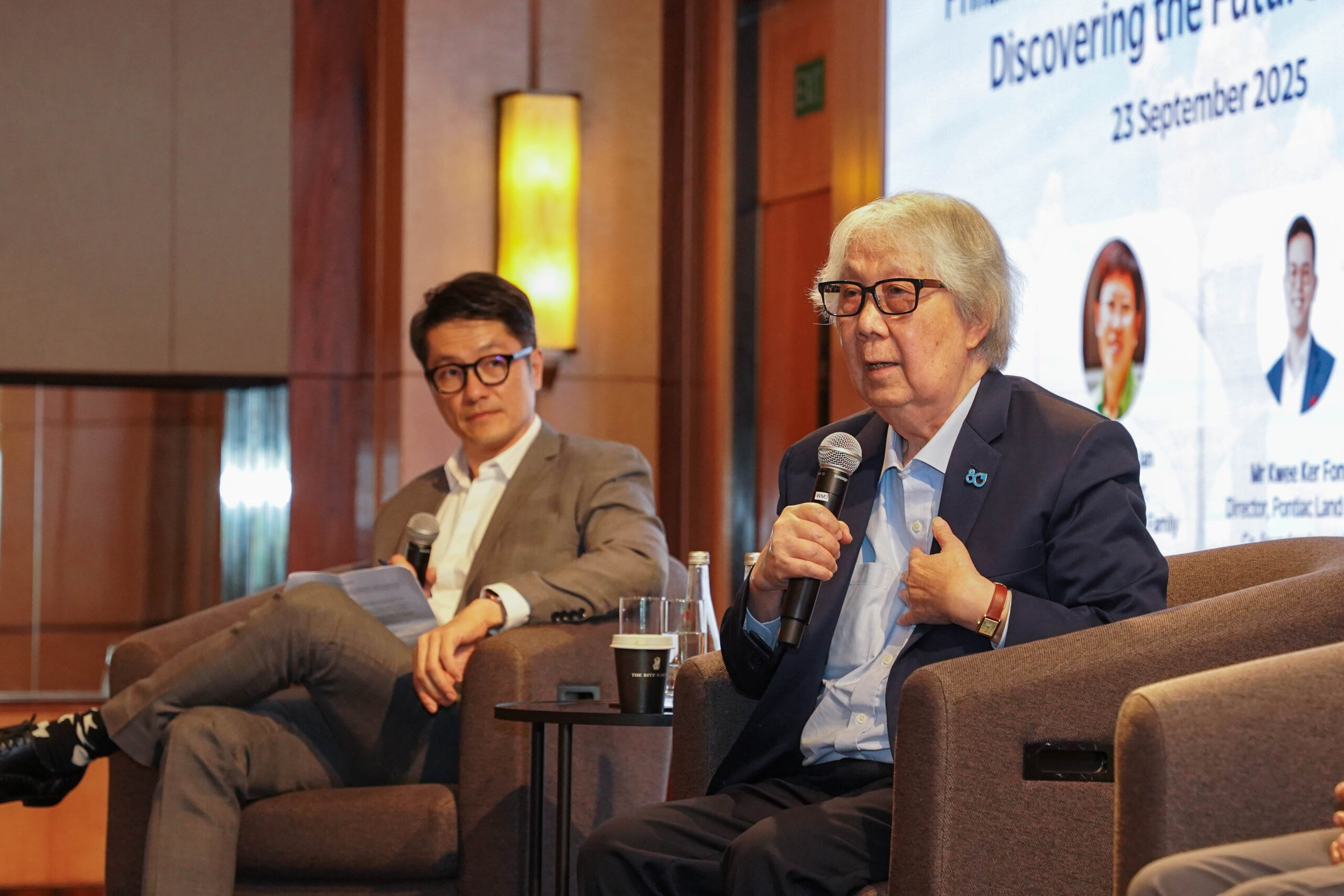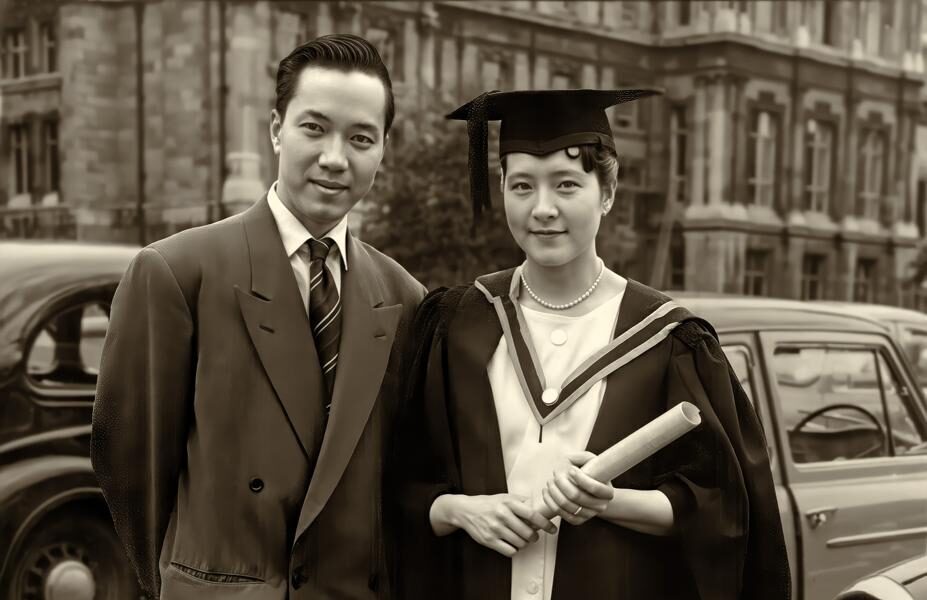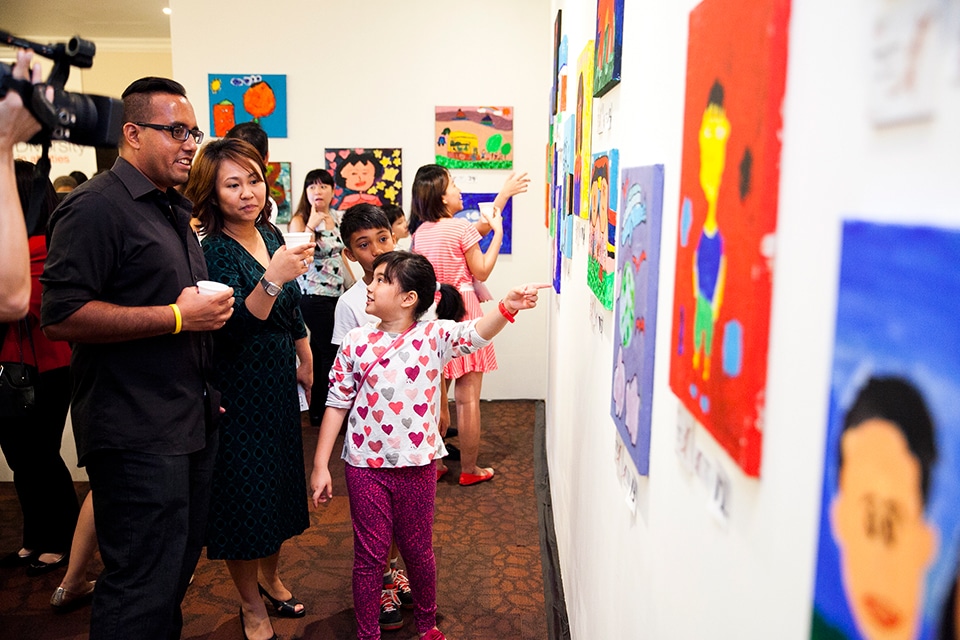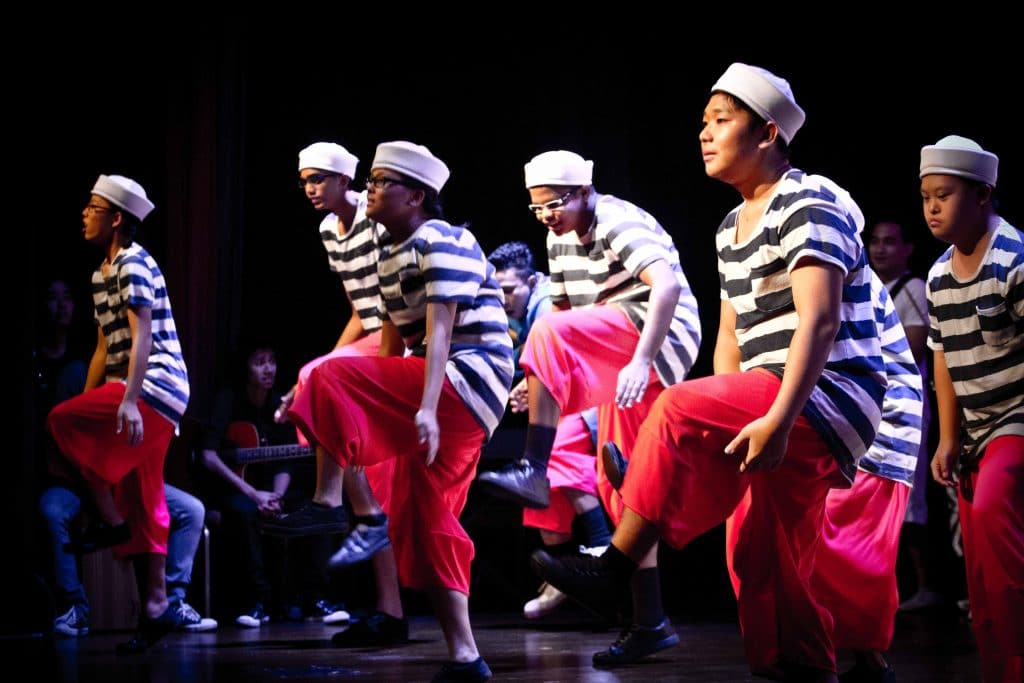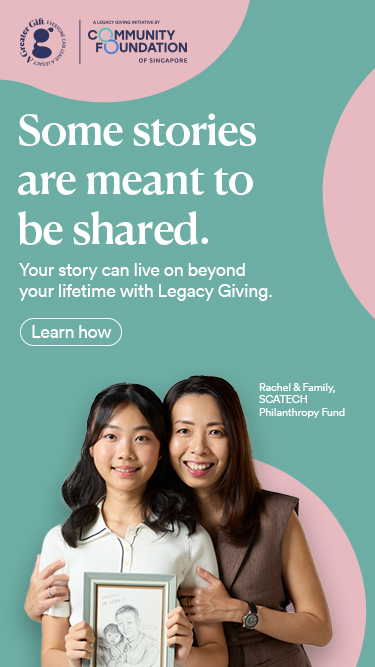UBS Diversity in Abilities Concert – Celebrating the talents of children with special needs

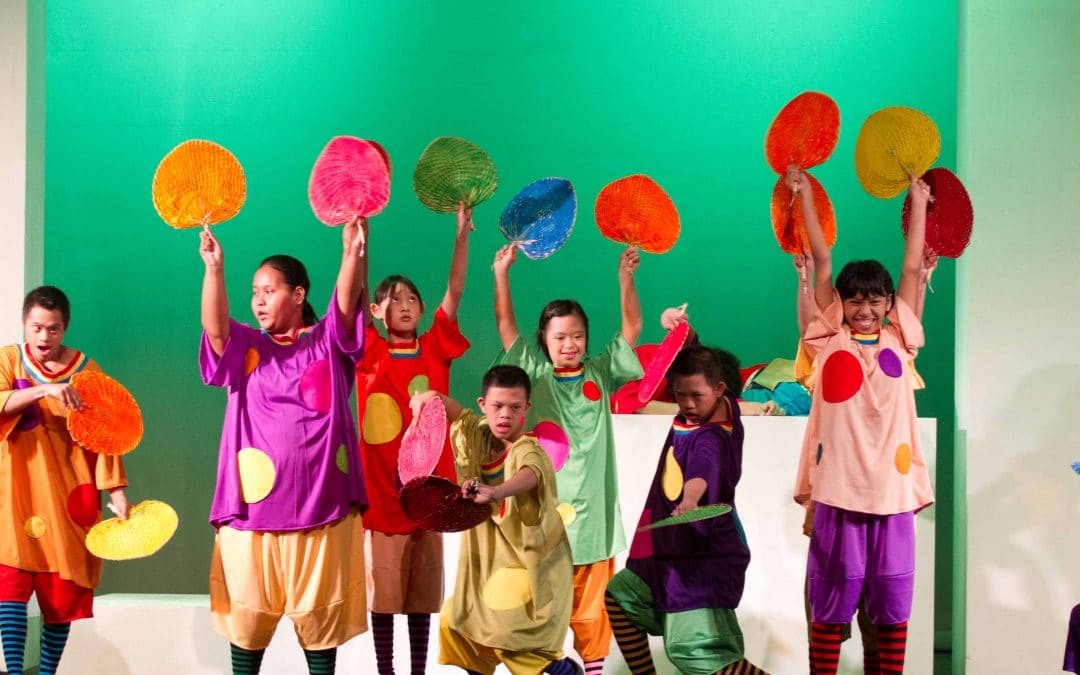
A joint initiative by UBS AG and the Community Foundation of Singapore, Diversity in Abilities is a stage production and art exhibition showcase to bring performing and visual arts lessons to special education schools in Singapore.
The aim was to motivate and inspire children with special needs to learn new skills and inculcate new hobbies through the arts. With the help of trained artists, students took a 16-week journey of learning and discovery of talents and achievements in film, music, dance, drama and visual arts.
These kids were then invited to showcase their talents at an exhibition and concert, performing together with children of UBS employees. At the event, UBS employees also got involved as make-up artists, receptionists, ushers and auctioneers.
“UBS has been in Singapore for nearly 40 years and our community investments focus on education and entrepreneurship. The Diversity in Abilities arts programme is one such initiative. We hope that through our investment in these various initiatives, we can make a contribution to the success of Singapore as a community.” said Edmund Koh, Singapore Country Head and Asia Pacific Head of Wealth Management, UBS.
A joint initiative by UBS AG and the Community Foundation of Singapore, Diversity in Abilities is a stage production and art exhibition showcase to bring performing and visual arts lessons to special education schools in Singapore.
The aim was to motivate and inspire children with special needs to learn new skills and inculcate new hobbies through the arts. With the help of trained artists, students took a 16-week journey of learning and discovery of talents and achievements in film, music, dance, drama and visual arts.
These kids were then invited to showcase their talents at an exhibition and concert, performing together with children of UBS employees. At the event, UBS employees also got involved as make-up artists, receptionists, ushers and auctioneers.
“UBS has been in Singapore for nearly 40 years and our community investments focus on education and entrepreneurship. The Diversity in Abilities arts programme is one such initiative. We hope that through our investment in these various initiatives, we can make a contribution to the success of Singapore as a community.” said Edmund Koh, Singapore Country Head and Asia Pacific Head of Wealth Management, UBS.
- Related Topics For You: ACCESSING QUALITY EDUCATION, ARTS & HERITAGE, CHILDREN, DONOR STORIES, EDUCATION, INCLUSIVITY & INTEGRATION, PERSONS WITH DISABILITIES, STORIES OF IMPACT, YOUTH
